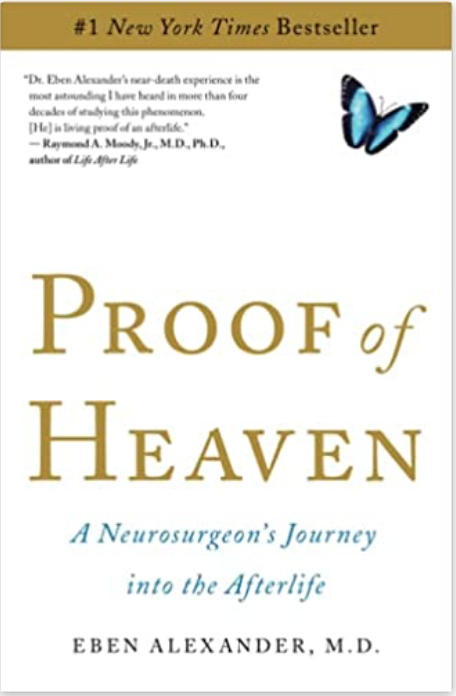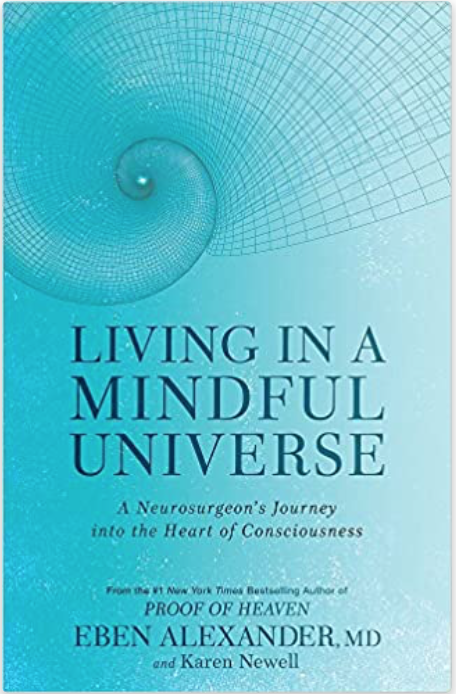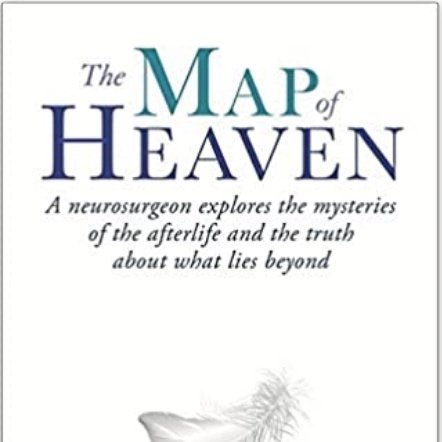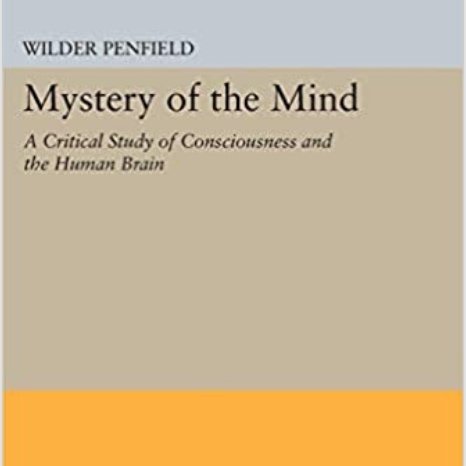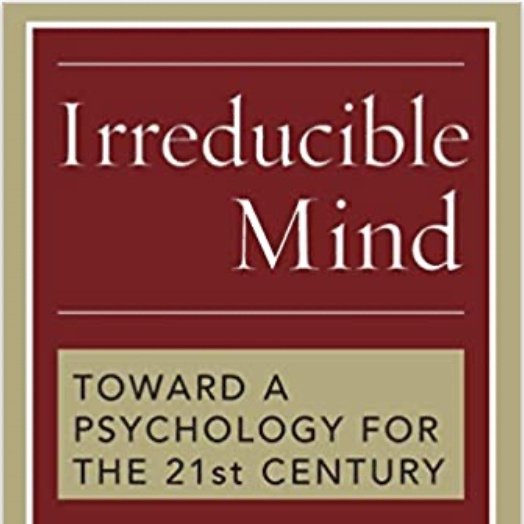Episode 06: Consciousness and the mind-brain-relationship - with Dr. Eben Alexander & Karen Newell
If I would ask you, “where does your consciousness reside?” your first instinct might be to say “well, the brain of course,” right? After all, isn’t that the part of our body that does all the thinking? Where our thoughts are turned to words, where we debate with others and most of the time with ourselves, where we define who we are? But is that true? What relationship do the brain and consciousness have? And what can we do to go beyond the brain and access deeper levels of awareness? Hear from Dr. Eben Alexander and Karen Newell about the mind-brain-relationship and how binaural beats help us to go deeper.
Dr. Eben Alexander
Dr. Eben Alexander spent over 25 years as an academic neurosurgeon, including 15 years at the Brigham & Women's Hospital, the Children’s Hospital and Harvard Medical School in Boston. Over those years he personally dealt with hundreds of patients suffering from severe alterations in their level of consciousness. Many of those patients were rendered comatose by trauma, brain tumors, ruptured aneurysms, infections, or stroke. He thought he had a very good idea of how the brain generates consciousness, mind and spirit.
In the predawn hours of November 10, 2008, he was driven into coma by a rare and mysterious bacterial meningo-encephalitis of unknown cause. He spent a week in coma on a ventilator, his prospects for survival diminishing rapidly. On the seventh day, to the surprise of everyone, he started to awaken. Memories of his life had been completely deleted inside of the coma, yet he awoke with memories of a fantastic odyssey deep into another realm – more real than this earthly one! His journey brought key insights to the mind-body discussion and to our human understanding of the fundamental nature of reality. His experience clearly revealed that we are conscious in spite of our brain – that, in fact, consciousness is at the root of all existence. Find out more.
Karen Newell
Karen is the Co-founder of Sacred Acoustics and together with Eben co-author of Living in a Mindful Universe.
As an innovator in the emerging field of brainwave entrainment audio meditation, Karen empowers others in their journeys of self-discovery. Using Sacred Acoustics recordings, she teaches how to enter and engage your own consciousness in order to connect to inner guidance, achieve inspiration, improve wellness and develop intuition.
Meditation and heart awareness were central elements to her many different subjects of study. Her most successful forays into consciousness involved listening to sounds such as gongs, crystal bowls and tuning forks. Recordings containing binaural beats were particularly effective at minimizing distracting thoughts and restlessness, allowing her to finally reach the expanded states of awareness she sought. Karen joined with Kevin Kossi to create original recordings unmatched by any others either of them had experienced. Together, they created Sacred Acoustics. Find out more.
Links and Resources for this episode:
René Descartes (1596 – 1650)
In the 17th century, the philosopher René Descartes proposed that the very act of thinking about one's existence is evidence of the presence of a mind distinct from the body. This notion came to be known as Cartesian dualism, spawning the dictum “cognito ergo sum” (I think, therefore I am). According to Descartes, consciousness is irrefutable—even if everything else you think you know is an illusion—because consciousness is observed from within. The troubling aspect of consciousness is that it is very difficult to describe scientifically. Thus, a longstanding debate on the nature of conscious experience—how does consciousness occur?—is still ongoing. Find out more.
David Chalemers
Consciousness is an ambiguous term. It can be used to mean self consciousness, awareness, the state of being awake, and so on. Chalmers uses Thomas Nagel's definition of consciousness: the feeling of what it is like to be something. Consciousness, in this sense, is synonymous with experience.
The problem of consciousness, Chalmers argues, is two problems: the easy problems and the hard problem. The easy problems may include how sensory systems work, how such data is processed in the brain, how that data influences behaviour or verbal reports, the neural basis of thought and emotion, and so on. The hard problem is the problem of why and how are those processes accompanied by experience?What's more, why are these processes accompanied by that particular experience rather than another experience? Find out more.
Dr. Wilder Penfield (1891-1976)
Dr. Wilder Graves Penfield was an American-Canadian neurosurgeon. He expanded brain surgery's methods and techniques, including mapping the functions of various regions of the brain Find out more.
Binaural Beats
Binaural beats are a perception of sound created by your brain. If you listen to two tones, each at a different frequency and each in a different ear, your brain creates an additional tone you can hear. This third tone is called a binaural beat. You hear it at the frequency difference between the two tones. Find out more.
Brainwave Entrainment
Brainwave Entrainment Technology was discovered in 1839 by Heinrich Wilhelm Dove. The technology became recognized by the wider scientific community in 1973 when Gerald Oster published his (“Auditory Beats In The Brain”) article in the Scientific American journal. Since then various systems have been developed using different combinations of frequencies and sound effects. Find out more.



